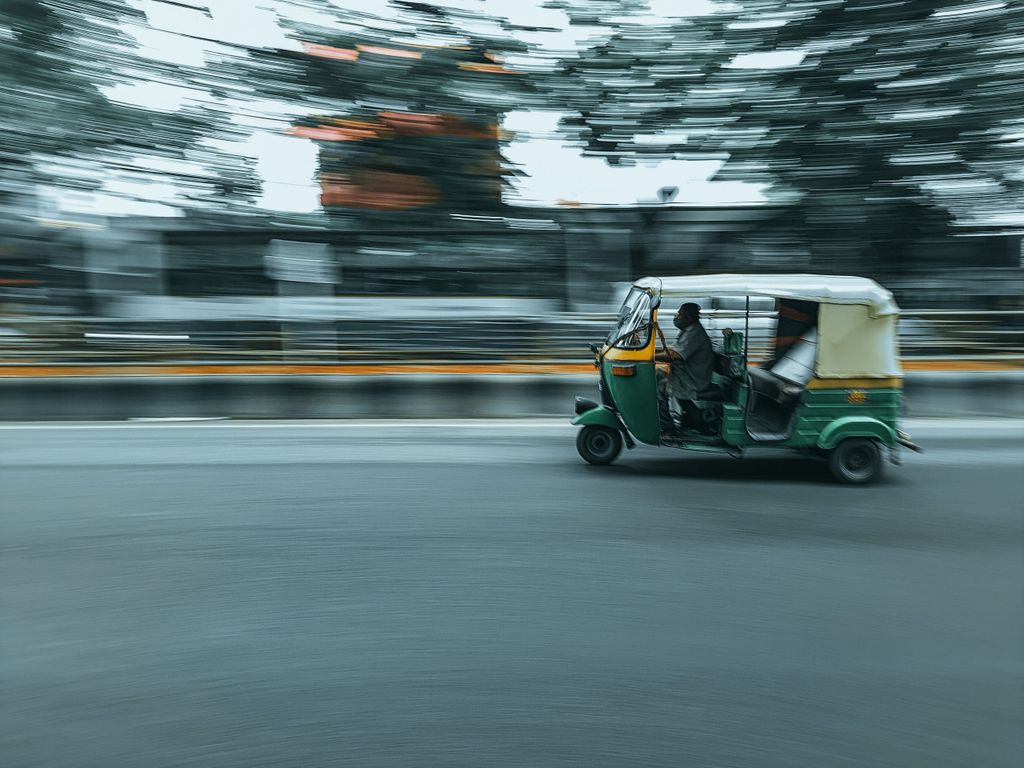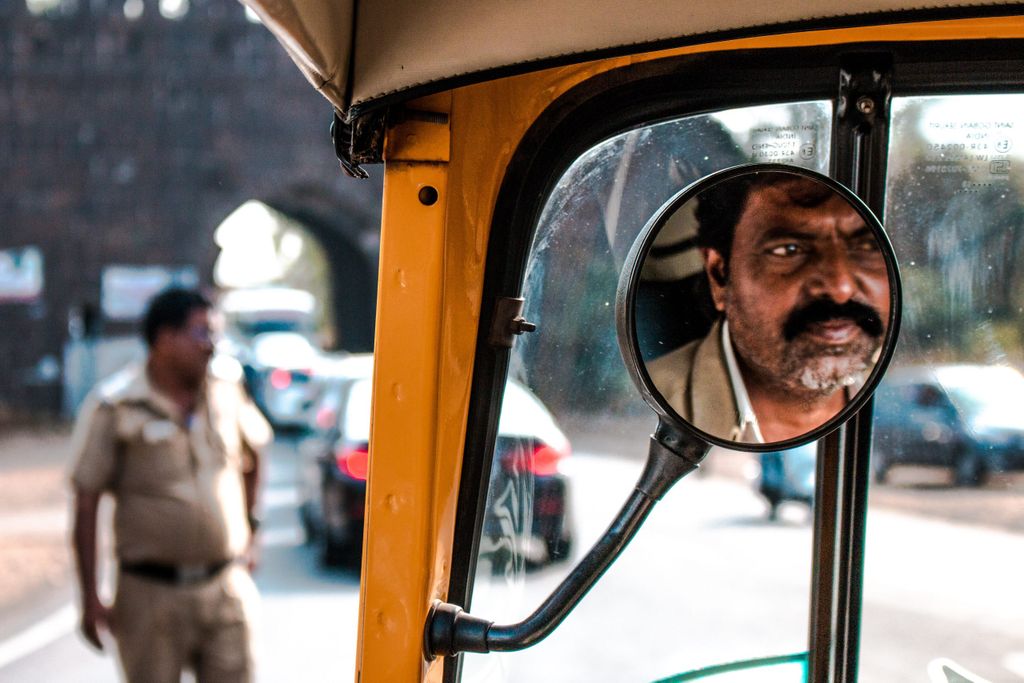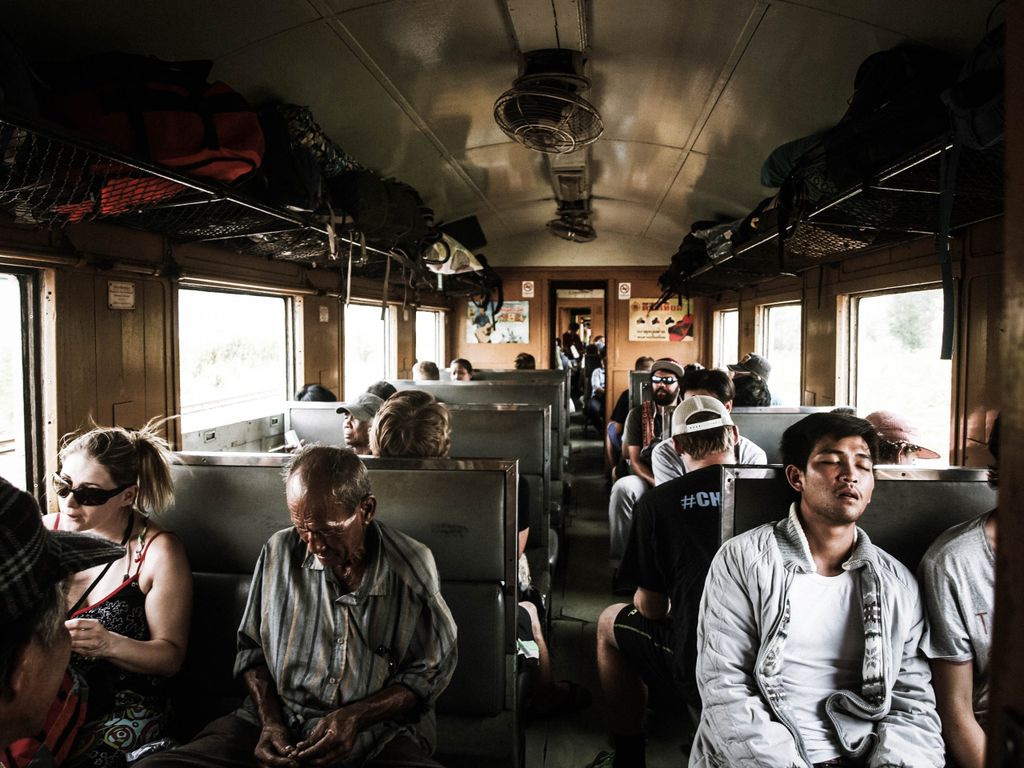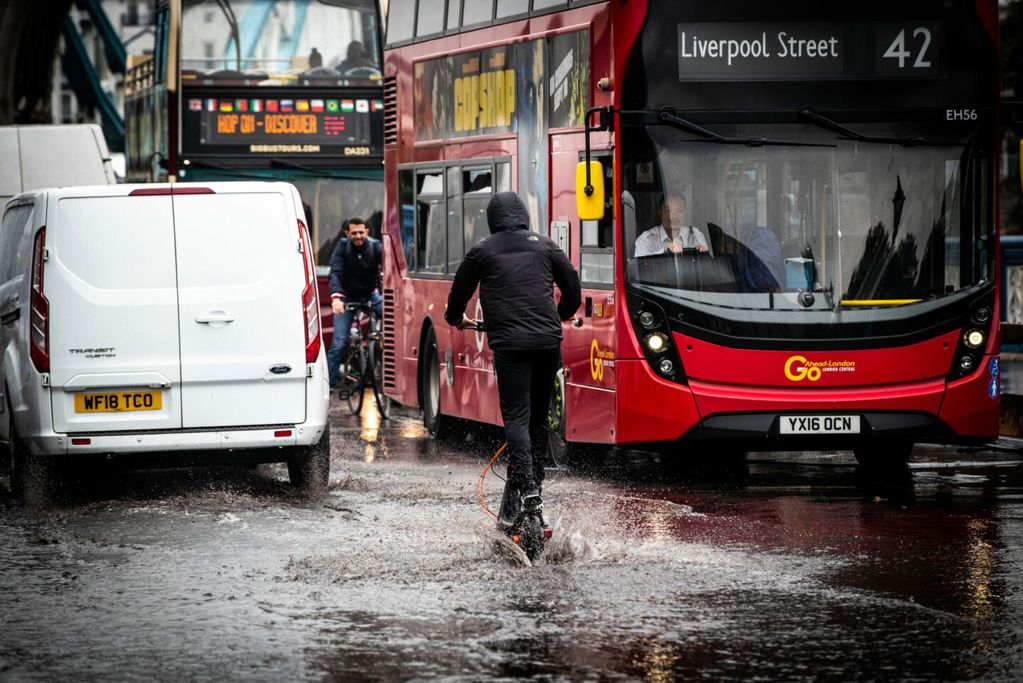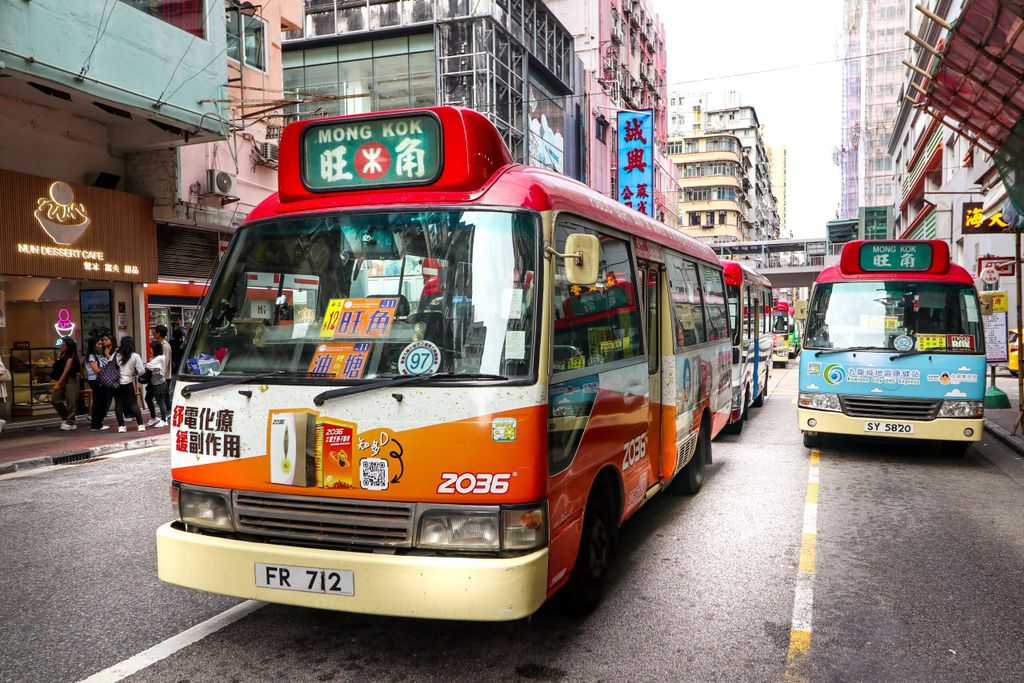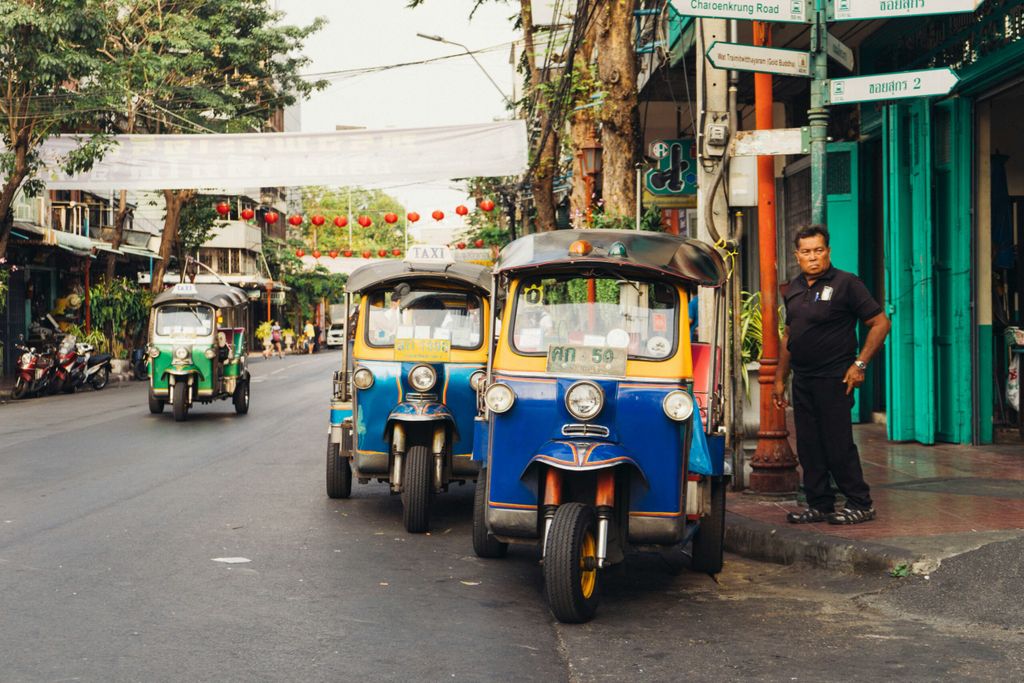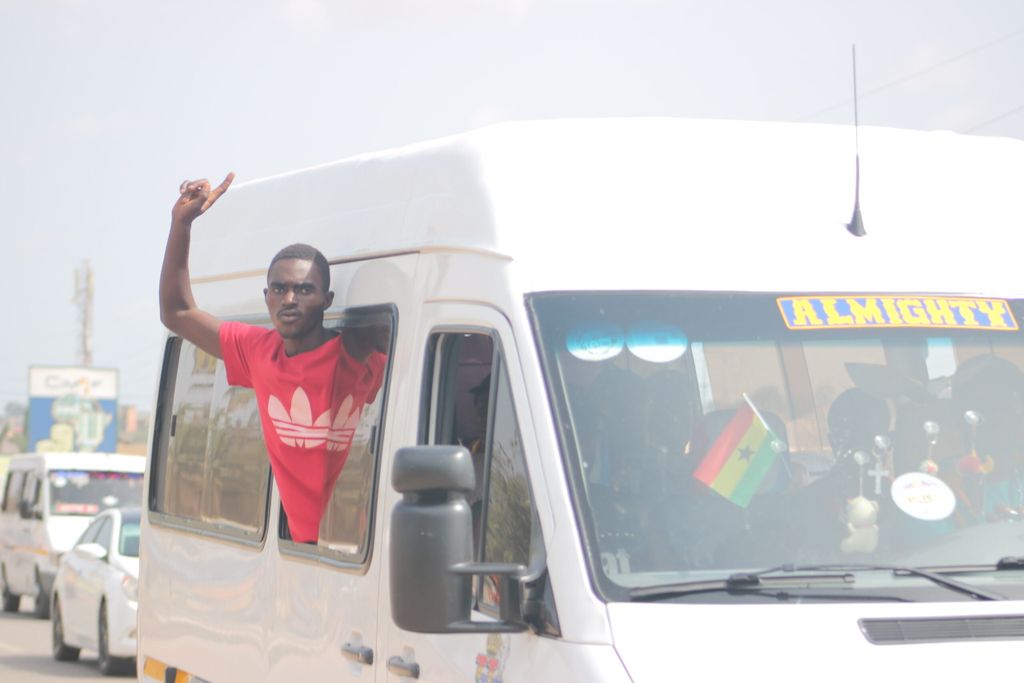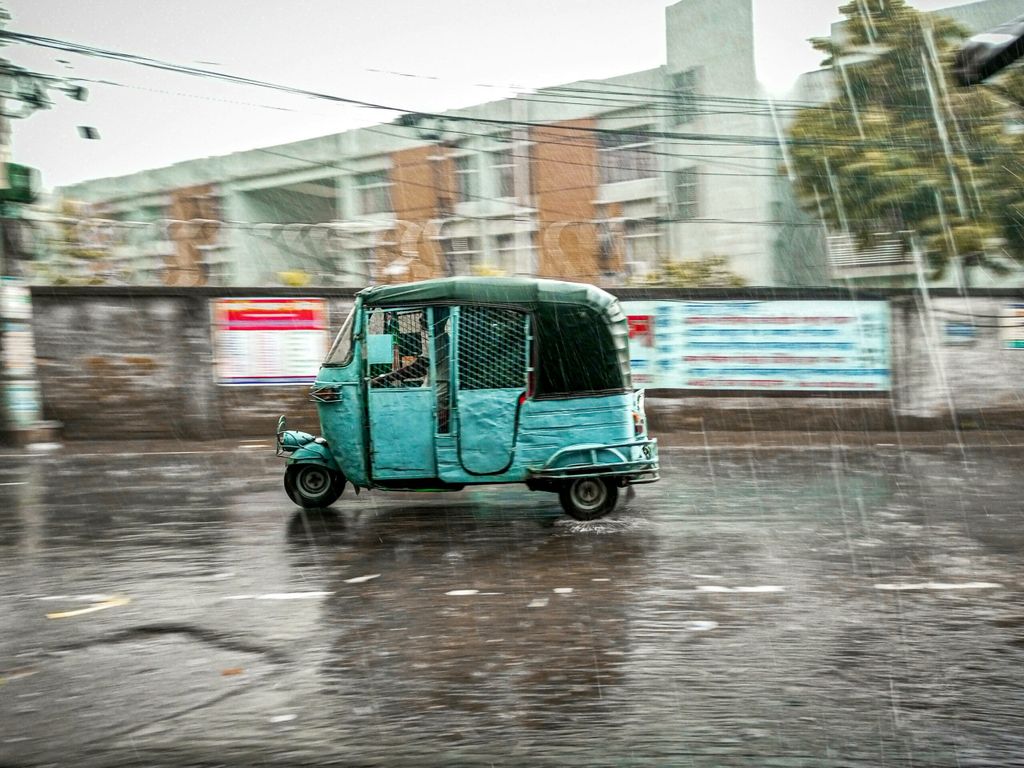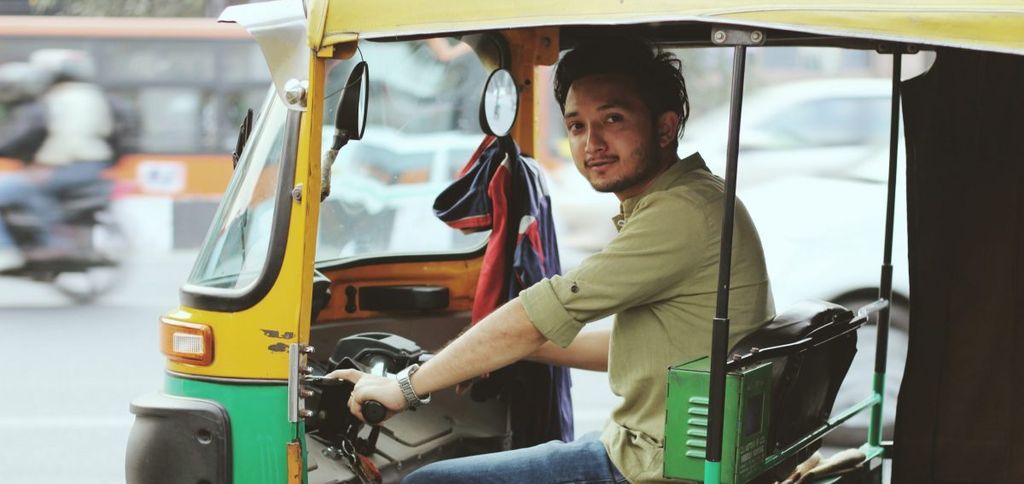
Rickshaws, three-wheelers and vans; electrifying India’s paratransit through Amritsar’s RAAHI project
Electrifying paratransit for greener mobility systems
Paratransit, also known as Intermediate Public Transport (IPT), is a key component of the Indian mobility ecosystem. It covers rickshaws, minibuses, three-wheelers, taxis, vans, mini-buses and many more local variants of these services.
These are typically owned and operated by owner-cum-operators and provide a wide range of services. For example, they ensure first and last mile connectivity to public transport services and main-haul service in areas with limited public transport services.
Given their significant market share and daily distances operated, electrification of these services is a key step towards promoting cleaner public transport and reducing pollution and Green House Gas (GHG) emissions.
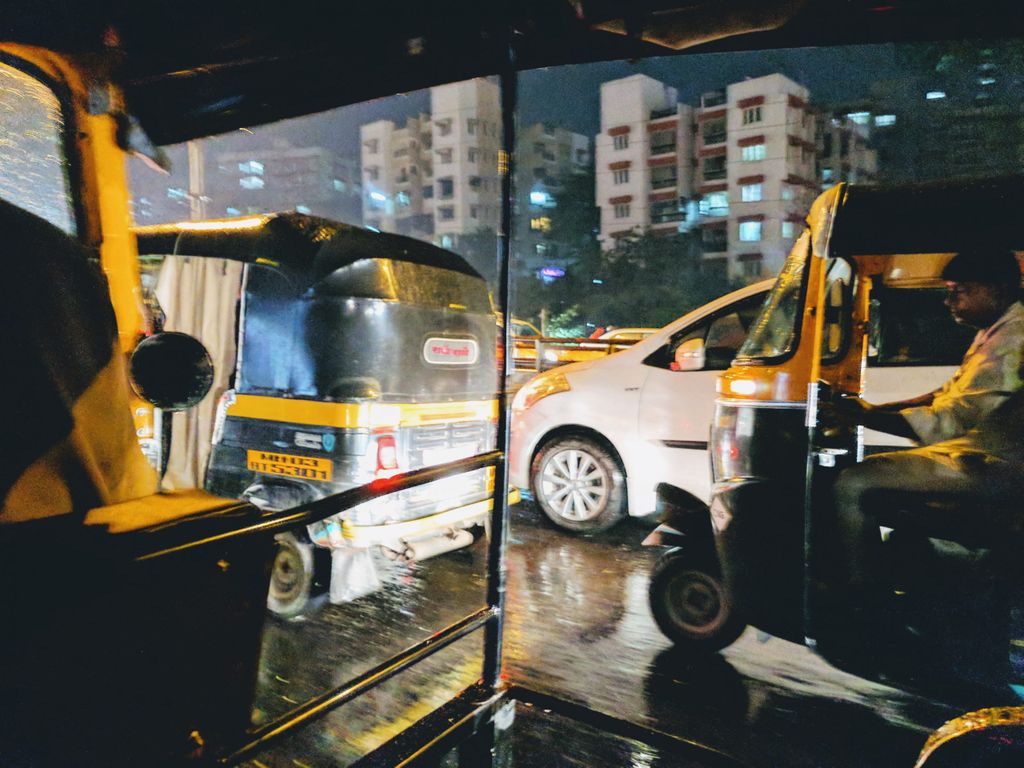
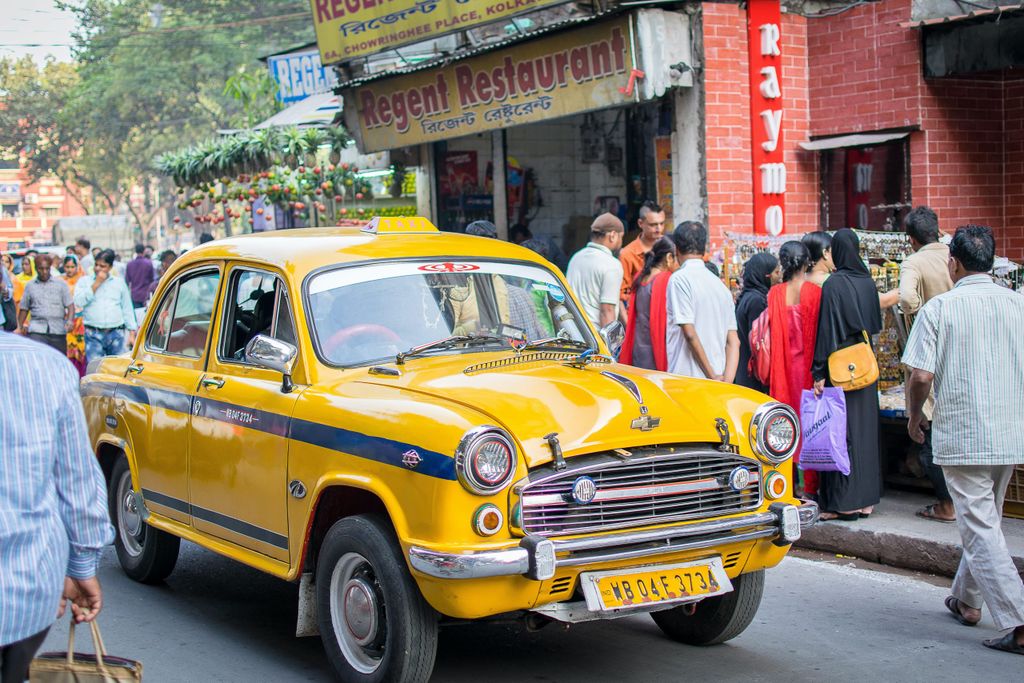
Government of India, through its Faster Adoption and Manufacturing of (Hybrid &) Electric Vehicles (FAME-II) scheme has provided total incentive support of 25 billion Indian Rupee (Rs 2,500 crore, almost €300m). The funding is aimed at electrification of an estimated 500,000 three-wheelers (including e-Rickshaws) over a period of three years to accelerate the paratransit electrification transition. The scheme is proposed to be implemented through demand incentives and the establishment of infrastructure facilities such as a network of charging stations.
Despite the scheme promising financial incentives, progress on paratransit electrification has been slow. Some of the causes include the lack of a streamlined regulatory framework for paratransit modes, limited vehicle models, inadequate charging infrastructure, and limited financing options to paratransit operators due to their poor credit history.
However, paratransit plays a critical role in the public transport system, especially for poor and lower-class income groups. Cities have initiated efforts to integrate and strategically link paratransit with the formal modes of transport.
Amritsar has recently launched the RAAHI (Rejuvenation of Auto-Rickshaw in Amritsar through Holistic Intervention) project to transition the city’s three-wheeler based paratransit system to electric vehicles. The project is implemented by the Amritsar Smart City Limited (ASCL) as a part of the Ministry of Housing and Urban Affairs’ (MoHUA) City Investments To Innovate, Integrate and Sustain (CITIIS) Program.
While subsidising the electrification of three-wheelers is the primary objective of the project, it has several other components addressing the Governance challenges typically associated with the informal nature of these services. The key driver for three-wheeler electrification pursued under the project is the financial assistance provided in the form of subsidy on vehicle cost and the low-interest loans facilitated from State Bank of India to owners replacing old Bharat Stage (BS) III emission standard diesel three-wheelers.
Other complementary initiatives were taken up to increase the attractiveness of this program including setting up charging infrastructure for these vehicles, rationalising their areas of operation for improved integration with formal public transport, formation of a cooperative society to formalise the operations of these vehicles, skill development trainings for female members of drivers’ part of this co-operative society. All the complementary activities pursued under the project are intended to improve the overall finances and livelihoods of paratransit operators, rather than singularly pursuing a technology transition agenda.
A similar project is being pursued by Three Wheels United (TWU) in Bangalore., TWU aims to provide stable financing mechanisms to auto drivers, improve their living conditions and ensure a shift towards electric auto-rickshaws. Through active stakeholder partnership and establishing a peer network, TWU incorporated loan facilities, set up a savings bank account and a recurring deposit account for auto drivers.
TWU acts as a guarantor and partners with public banks such as Corporation Bank and Pragati Gramin Bank to provide loans at a cheaper rate of interest to operators. The project not only facilitates a transition towards electrification but also helps improve the livelihoods of operators and increases their financial security by imbibing a sense of ownership.
Convergence Energy Services Ltd. (CESL), a subsidiary of state-owned Energy Efficiency Services Limited (EESL) issued a tender for aggregated procurement of 100,000 electric three-wheelers that can avail the FAME II subsidy. The likely price reduction to be achieved through aggregated procurement is a welcome step towards three-wheeler electrification.
However, examples from Amritsar and Bengaluru highlight the importance of taking up holistic city level initiatives addressing the financing, governance and livelihood challenges faced by the paratransit sector to ensure the deployment and operation of these vehicles. State transport departments and Municipal agencies need to contextualise such models to meet local stakeholder needs thereby improving their interest in the shift to electric three-wheelers. This would ensure that the financial incentives available for electrification would drive a larger transformation of the paratransit services into a more organised and clean system, while also improving the livelihoods of their operators.

